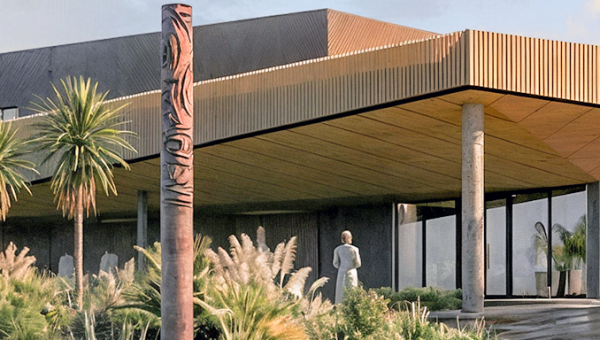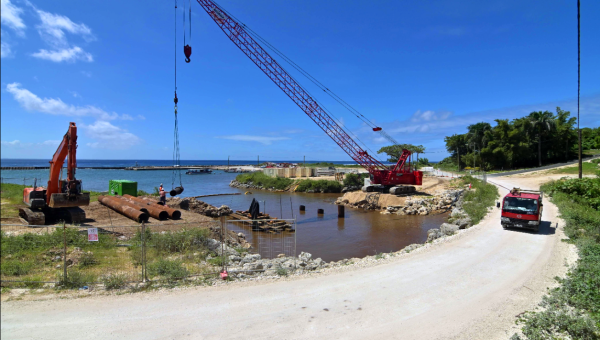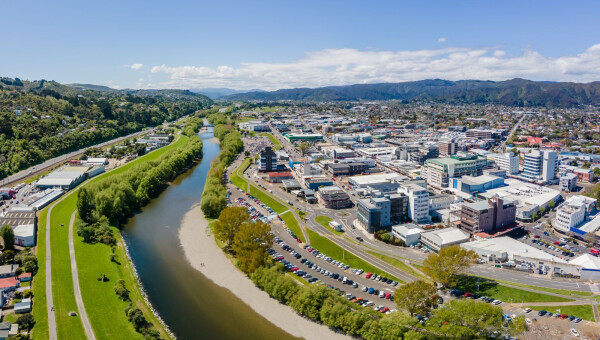Native lizards living at Moa Point have been carefully and humanely trapped and relocated to a new customised habitat. Ecologists moved the lizards so McConnell Dowell and HEB in a joint venture can begin on the Wellington Sludge Minimisation Facility for Wellington City Council.
In April over 1,400 native lizards were caught in canned pear-baited traps and relocated to protected sites on the Miramar Peninsula. At least two different species of lizard were identified - the Northern Grass Skink and the Raukawa Gecko.
The new park site homes are pest-free, replanted with native trees and shrubs by Predator-Free Wellington and Predator-Free Miramar and were set up to be as cosy as possible. The project team and ecologists created experimental vertical ecosystems to see if the lizards like high-rise living and will colonise them over time.
In February this year, three months before the lizard relocation began, the project team set up 380 bait stations around Te Motu Kairangi or Miramar Peninsular, to catch mice. Mice are lizard’s main predators along with weasels and rats. Predator-Free Wellington and Predator-Free Miramar work hard to get rid of the predators in the area.
By reducing the mice population the team were helping reach our pest-free 2050 goal and making the area safer for native lizards ahead of their move. The JV team will maintain the bait stations for up to five years. Any traps still in suitable condition at the end of the programme will be donated back to Predator Free Wellington to assist New Zealand play its part and reach the 2050 goal.
For more information about the project click here:
Different stripes for different skinks: left the Raukawa Gecko and right the Northern Grass Skink.





